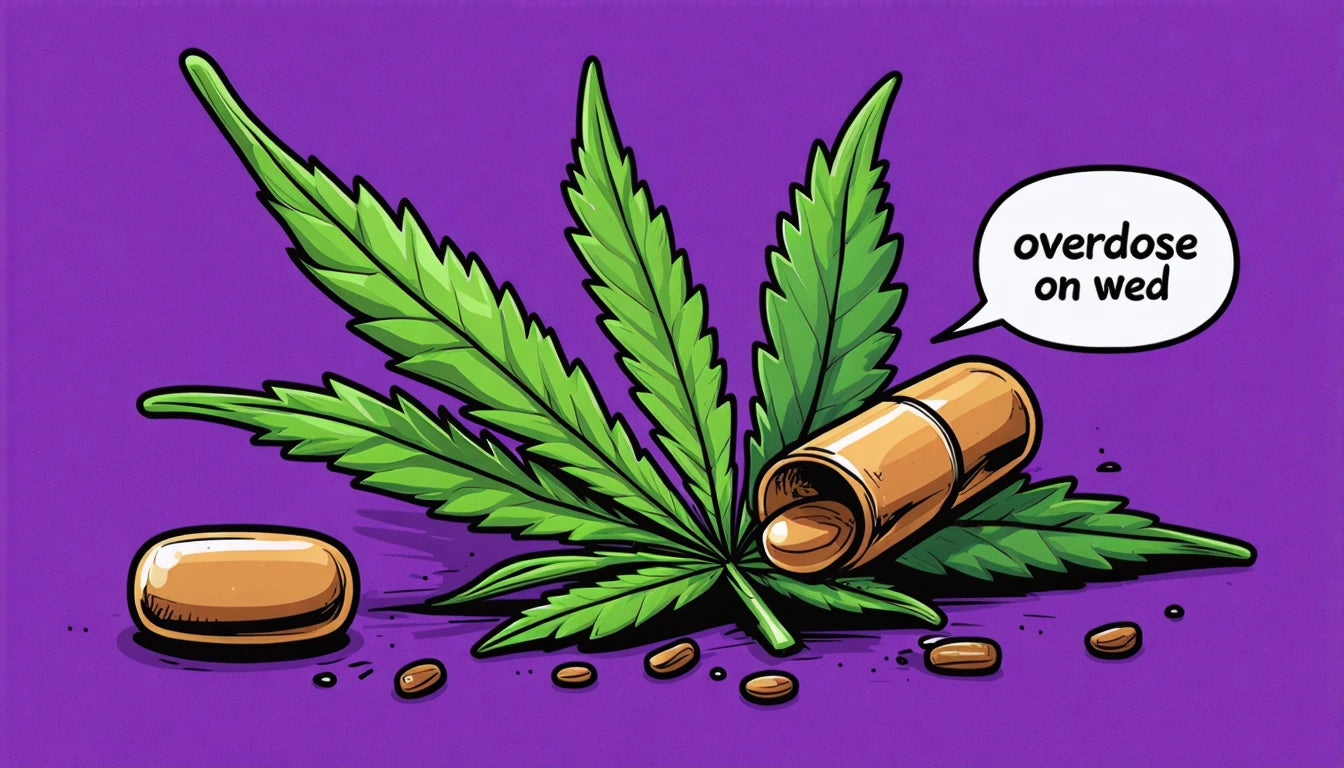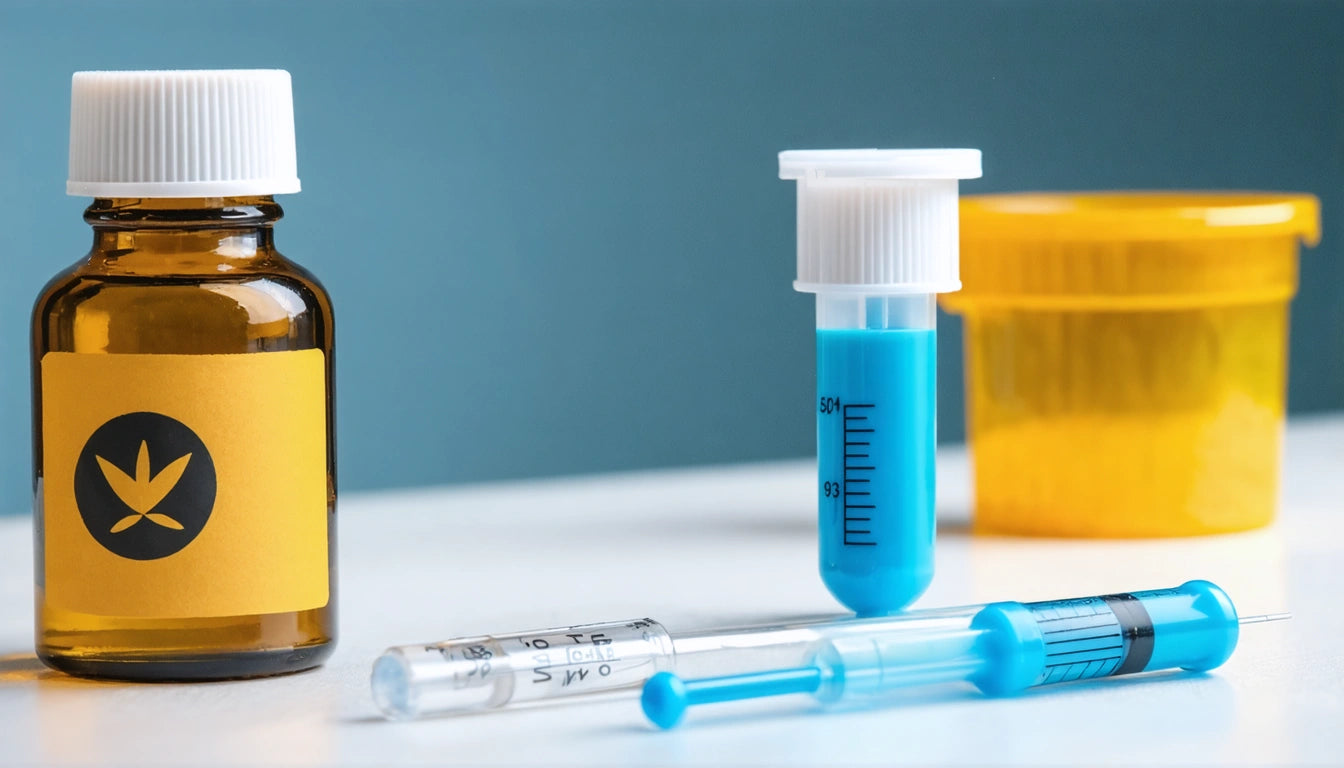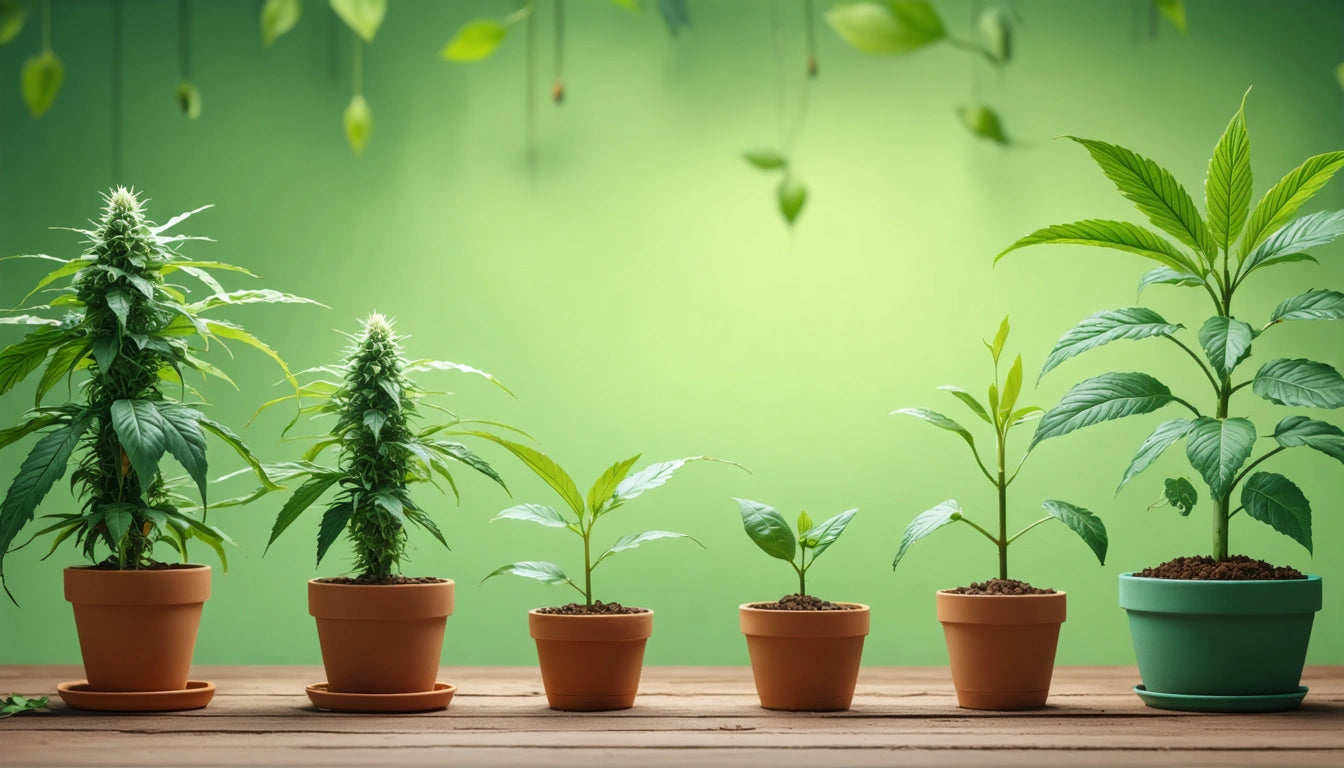Table of Contents
- Understanding Cannabis Overdose: Facts vs. Fiction
- THC Consumption: Effects at Different Dosage Levels
- Edibles and Concentrates: Higher Risk Consumption Methods
- Symptoms of Excessive Cannabis Consumption
- Vulnerable Populations and Increased Risk Factors
- Responsible Consumption Practices for Cannabis Users
Can You Overdose on Weed? Exploring the Risks of THC Consumption
Cannabis consumption has increased significantly as legalization spreads across states and countries. With this rise comes important questions about safety, particularly whether you can overdose on weed. While cannabis differs substantially from substances like opioids in terms of overdose risk, understanding the potential adverse effects of excessive THC consumption remains crucial for responsible use.
Understanding Cannabis Overdose: Facts vs. Fiction
The term "overdose" typically evokes images of life-threatening medical emergencies. When asking if you can OD on THC, it's important to distinguish between a fatal overdose and an adverse reaction. According to the National Institute on Drug Abuse, there have been no confirmed adult deaths attributed solely to cannabis overdose. This is primarily because cannabinoid receptors, unlike opioid receptors, are not located in the brainstem areas controlling respiration.
However, this doesn't mean excessive cannabis consumption is without risks. Understanding the risks and effects of high THC consumption is essential for safe use. While not lethal in adults, consuming too much cannabis can lead to extremely uncomfortable experiences and temporary adverse effects.
THC Consumption: Effects at Different Dosage Levels
Cannabis affects individuals differently based on factors including:
- THC concentration
- Consumption method
- Individual tolerance
- Body weight
- Metabolism
- Pre-existing health conditions
At moderate doses, THC typically produces relaxation, euphoria, altered sensory perception, and increased appetite. However, as dosage increases, so does the risk of adverse effects. Many cannabis products today contain significantly higher THC concentrations than in previous decades, increasing the potential for negative reactions.
Edibles and Concentrates: Higher Risk Consumption Methods
The method of consumption significantly impacts how THC affects the body. Edibles present a higher risk of overconsumption for several reasons:
First, the delayed onset of effects (typically 30 minutes to 2 hours) may lead users to consume more, thinking the initial dose was insufficient. Second, when THC is metabolized through the digestive system, it converts to 11-hydroxy-THC, which can produce stronger and longer-lasting effects than inhaled THC.
Concentrates also pose increased risks due to their extremely high THC potency. Proper storage of these products is essential, which is why many dispensaries and producers use secure packaging solutions like mylar bags that maintain product integrity while preventing accidental consumption.
Symptoms of Excessive Cannabis Consumption
When someone consumes too much cannabis, they may experience what's colloquially called "greening out" or a THC overdose. Symptoms can include:
- Extreme anxiety or panic attacks
- Paranoia
- Hallucinations or delusions
- Increased heart rate
- Increased blood pressure
- Severe nausea or vomiting
- Disorientation and confusion
- In rare cases, cannabis hyperemesis syndrome (CHS)
These symptoms, while distressing, are typically temporary and resolve as THC is metabolized and cleared from the body. However, they can be severe enough to warrant medical attention, particularly in cases involving high-dose edibles or concentrates.
Vulnerable Populations and Increased Risk Factors
Certain groups face higher risks from cannabis consumption:
Children: Accidental ingestion of cannabis products, particularly edibles that resemble candy or treats, can cause serious adverse reactions in children. Their smaller body mass and developing brains make them especially vulnerable to THC's effects.
Adolescents: Regular cannabis use during adolescence has been associated with potential negative impacts on brain development and mental health.
Individuals with pre-existing cardiovascular conditions: Cannabis can temporarily increase heart rate and blood pressure, potentially exacerbating existing heart conditions.
Those with mental health disorders: High-THC cannabis may worsen symptoms of anxiety, depression, or psychosis in vulnerable individuals.
Secondhand exposure concerns are also relevant, particularly for vulnerable populations, though the effects are typically much milder than direct consumption.
Responsible Consumption Practices for Cannabis Users
To minimize risks associated with cannabis use, consider these safety practices:
- Start with low doses and go slow, especially with edibles or unfamiliar products
- Be aware of product potency and THC content
- Avoid mixing cannabis with alcohol or other substances
- Use in a safe, comfortable environment with trusted individuals
- Wait the full onset time before consuming more, particularly with edibles
- Store cannabis products securely, away from children and pets
- Be aware of your personal risk factors and health conditions
- Avoid driving or operating heavy machinery while under the influence
Understanding the dos and don'ts of cannabis consumption can significantly reduce the likelihood of adverse experiences.
If someone experiences severe symptoms after cannabis consumption, don't hesitate to seek medical help. While these situations rarely pose life-threatening risks, medical professionals can provide supportive care to manage symptoms and ensure safety.
Future Safety Considerations in Cannabis Consumption
As the cannabis industry evolves, several factors will likely influence consumption safety:
Standardized dosing and clearer labeling will help consumers make more informed choices about their consumption. Ongoing research into the effects of high-potency products will provide better guidelines for safe use. Educational initiatives focused on responsible consumption will become increasingly important as new consumers enter the market.
While you cannot fatally overdose on weed in the traditional sense, excessive THC consumption can lead to significant discomfort and temporary adverse effects. By understanding the risks, recognizing personal limitations, and practicing responsible consumption, cannabis users can minimize negative experiences and enjoy the benefits of cannabis safely.











Leave a comment
All comments are moderated before being published.
This site is protected by hCaptcha and the hCaptcha Privacy Policy and Terms of Service apply.